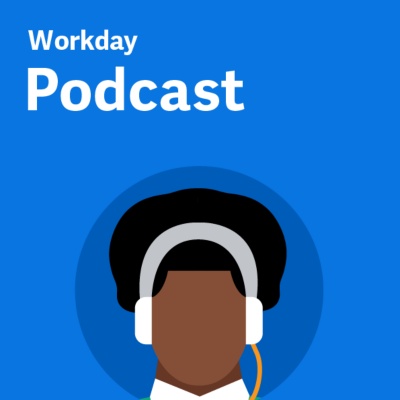This quote hits on an increasingly important business concept: Employee engagement is essential to business success. It’s especially crucial in the professional services industry, where it’s become a requirement to hire and retain the best talent. But, even in a people-driven environment that’s focused on delivering profitable services, improving employee engagement remains a challenge. I recently talked with Robert Stovall, CFO at MATRIX Resources about how his company is increasing employee engagement and profitability, while lowering costs to the client.
How does MATRIX Resources work to increase employee engagement?
We focus on providing a culture that enables internal growth and high employee engagement, so transparency is key. For example, our employees are encouraged to flag to leadership any roadblocks that take too much of their time. A few years ago, one of our Agile coaches helped us implement the same Agile process that we help our clients with in order to improve our own processes. We work as a team to prioritize three to four items that need to be fixed or improved. Once we are done, we start the process all over again and tackle new initiatives. This has increased transparency because everybody knows what we're working on, why we're working on it, and where it stands.
It's also shown our employees that we’re trying to make their jobs better. Instead of having them put all of their energy into solving recurring problems, they can do more value-added work. That impacts the client experience because our employees can work more efficiently, which minimizes client cost. People want to have challenging, meaningful work and understand what they’re working toward. If you can provide that experience, they’re more likely to stick around.
How does employee engagement influence the client experience?
Client communication and engagement are important. It’s crucial to discover a client’s needs upfront so that you can set up processes correctly and reduce any rework or cost to the client. We work hard to make sure we understand exactly what clients need and try our very best to deliver, just like we do with our employees internally.
We recently initiated a new role called Consultant Care. This role is focused on developing a relationship with our consultants to make sure that everything's going well. We want to proactively address any issue or concerns our consultants may face. We recognize it’s important to have a strong positive relationship with our client-facing consultants. If they are happy, then our clients are happy, too. It’s important to have a strong focus on developing and retaining our employees, since many directly impact company revenue.
How are you leveraging technology to enhance employee and client engagement?
Most of our technology efforts and investments are currently focused on the consultant side, especially around onboarding. We want them to get onboarded as quickly and easily as possible so they can hit the ground running. We always send a text or email survey right after they've completed their onboarding so they can rate their experience. This allows us to keep iterating the process and make it better.
Prior to Workday, we didn't have a true HR system—we had one system for payroll and managed a lot in spreadsheets. Everything was disparate, which made it hard to find answers quickly. We don’t have that issue with Workday, all the information we need is available at our fingertips and we don’t have to constantly go to HR for every little thing.
We've also replaced some repetitive internal tasks with robotic process automation (RPA). This enables us to avoid adding additional headcount as we grow and can reallocate those resources to more value-added work. That indirectly services the client in a lot of ways, although they don't necessarily see it. The biggest benefit is that we can keep our costs down, which is crucial in our industry.
What’s been your approach to deciding on which tools to invest in?
Trust is everything and the ability to trust the data is immeasurable. As a leadership team, we talk a lot about the tools available out there for our various departments. There are so many new tools coming out every day, so our job is to figure out which ones have the greatest return on investment that we can trust. It’s tempting to want to take advantage of every technology opportunity, but you’ve got to step back and ask yourself how all the technology pieces fit together. Otherwise, you’re not going to get the best ROI.
Why did you choose Workday?
Workday is a full-suite platform that allows us to have a lot of the systems we need in one place, especially among our HR and finance teams. It has really simplified things for us, especially from a ledger account perspective. We’re excited to start using predictive analytics within Workday to catch potential AR issues, as well as identify and forecast financial trends. We look forward to deepening our utilization of Workday to be able to do even more of that in the future and are confident that the system will continue to support us as we grow.






